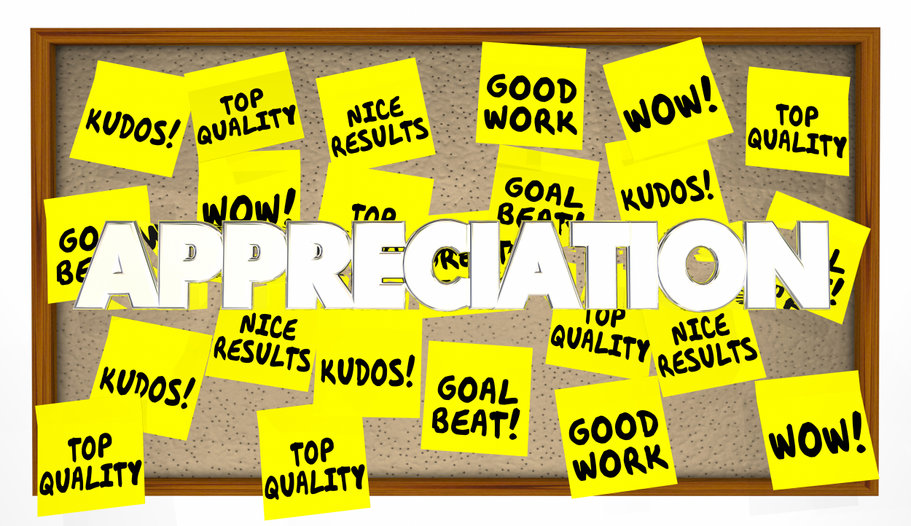
When we think of Labor Day, the anticipation of a three-day weekend filled with rest, relaxation and fun is often first and foremost in our minds. But the initial intent of the holiday, scheduled for the first Monday of September, was different. Labor Day was originally a celebration to recognize the social and economic achievements of American workers. Conceived in the late nineteenth century, labor activists pushed for a federal holiday to honor the workforce.
In 2021, however, the holiday seems to have lost sight of its original purpose. We’ve seen businesses, particularly small businesses, struggling to hire enough employees to keep up with rising demands. Economist Jason Childs says, “The problem is not the demand side of the labor markets, it’s the supply side. We aren’t seeing labor force participation return to normal levels. We aren’t seeing people stepping up to take those jobs that they would have taken prior to the pandemic.” It’s clear the future of the workplace and workforce will be dramatically different moving forward. The ability to attract, nurture and retain talent has become a critical business differentiator and the pandemic has underscored its importance. Employee appreciation and recognition will be more important than ever as companies flex and stretch to meet the changing needs of the workforce.
Recognize Employees Year-Round

There are endless ways to honor all employees, not just in September but throughout the year. Here are 12 employee appreciation and recognition ideas that infuse gratitude and respect into the company culture:
- Develop a guest speaker program. By scheduling ongoing events that are interesting, motivational, relevant and delivered by experts, employees gain new knowledge and build skills. As a result, they are more engaged as they enjoy a break from their normal routines.
- Host an employee “happy hour,” activity or potluck to give employees a place to connect in non-work setting. If your company is still working virtually, plan online events for remote employees.
- Recognize employees for their hard work, dedication and achievement. An “Employee of the Month” program garners attention and demonstrates appreciation.
- Celebrate team successes publicly at meetings or via channels like social media, the company website or email newsletter.
- Select a best-selling (or otherwise interesting) book to give to employees or to specific team members in larger organizations. Encourage them to discuss the content and share relevant insights in group meetings.
- Invest in your employees’ continual growth and development. Consider funding higher education or specific training programs, offering business coaching or mentoring, or providing other “stretch” opportunities that are relevant to their careers.
- Promote health and wellness activities and benefits. Some companies offer mindfulness training or health club memberships as an employee benefit. Also, consider encouraging employees to participate in organized sports programs to build team rapport. Additionally, companies can include health tips in internal newsletters or group discussions about health and well-being.
- Continually review trends in employee benefits to see what appeals to the workforce and determine what’s feasible to add.
- Allow for remote work opportunities and flexible schedules for employees who need that option.
- Offer bonuses or contests to stimulate employee performance. Public acknowledgment is important to high achievers and financial gifts are always appreciated.
- Bring joy to the office through small touches like free snacks, casual dress day or “bring your pet to work” day.
- Send a personal “thank you” to an individual to show them you noticed an act of kindness, a special contribution or just to show you care.
Employee Appreciation Fosters a Culture of Respect

Employee appreciation and recognition aren’t just a one-time event. They represent ongoing efforts and commitments that trickle down from the top. There are countless ways to put employee recognition into action and what works for your company will depend largely on your company’s personality and culture. No matter what your company looks like, a successful program starts with a corporate culture that integrates appreciation into day-to-day activities, internal communications and organizational goals. Your gratitude models behavior and fosters a sense of loyalty and mutual respect that results in higher retention and a workforce committed to achieving the company’s vision and mission.
